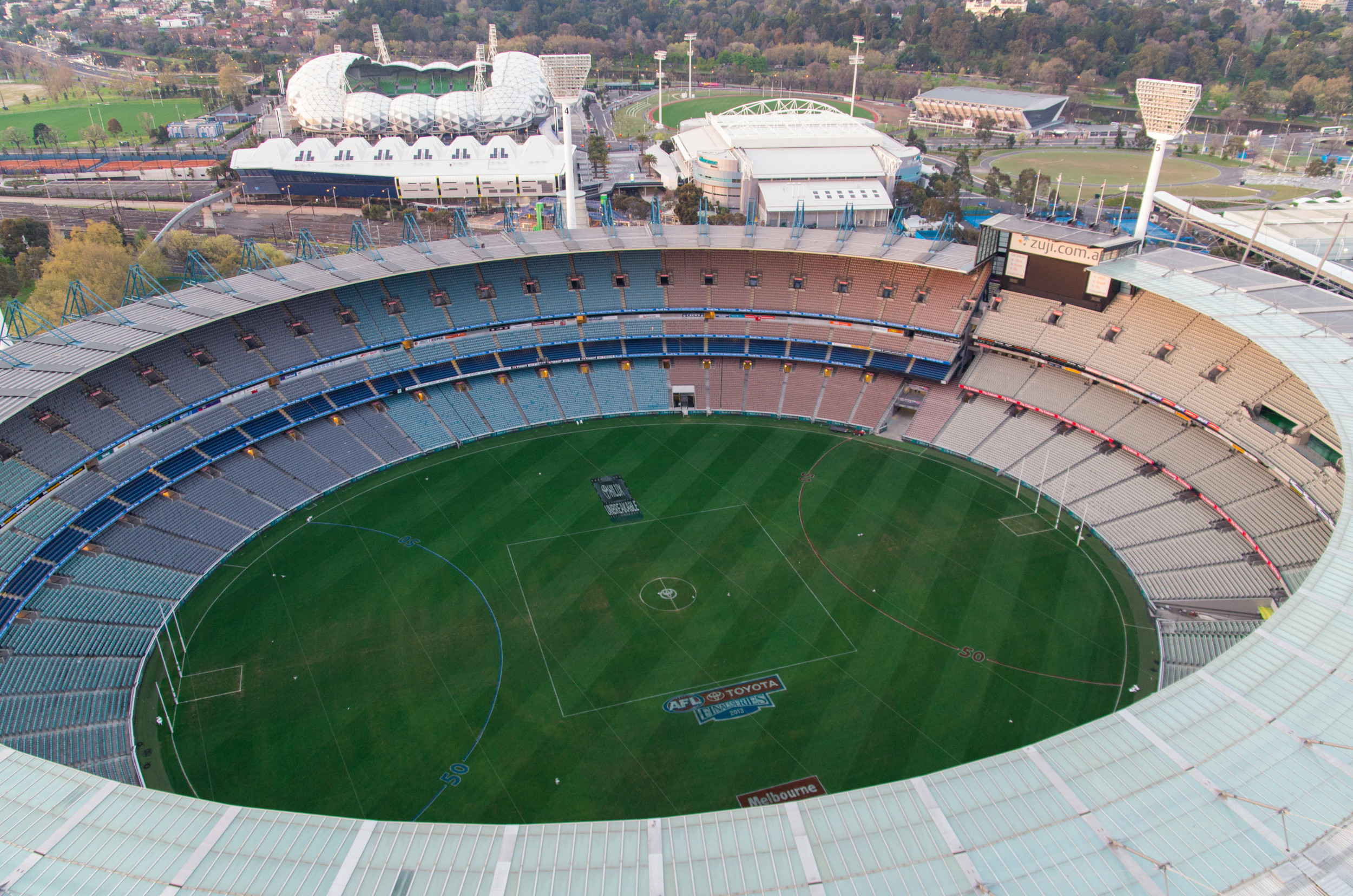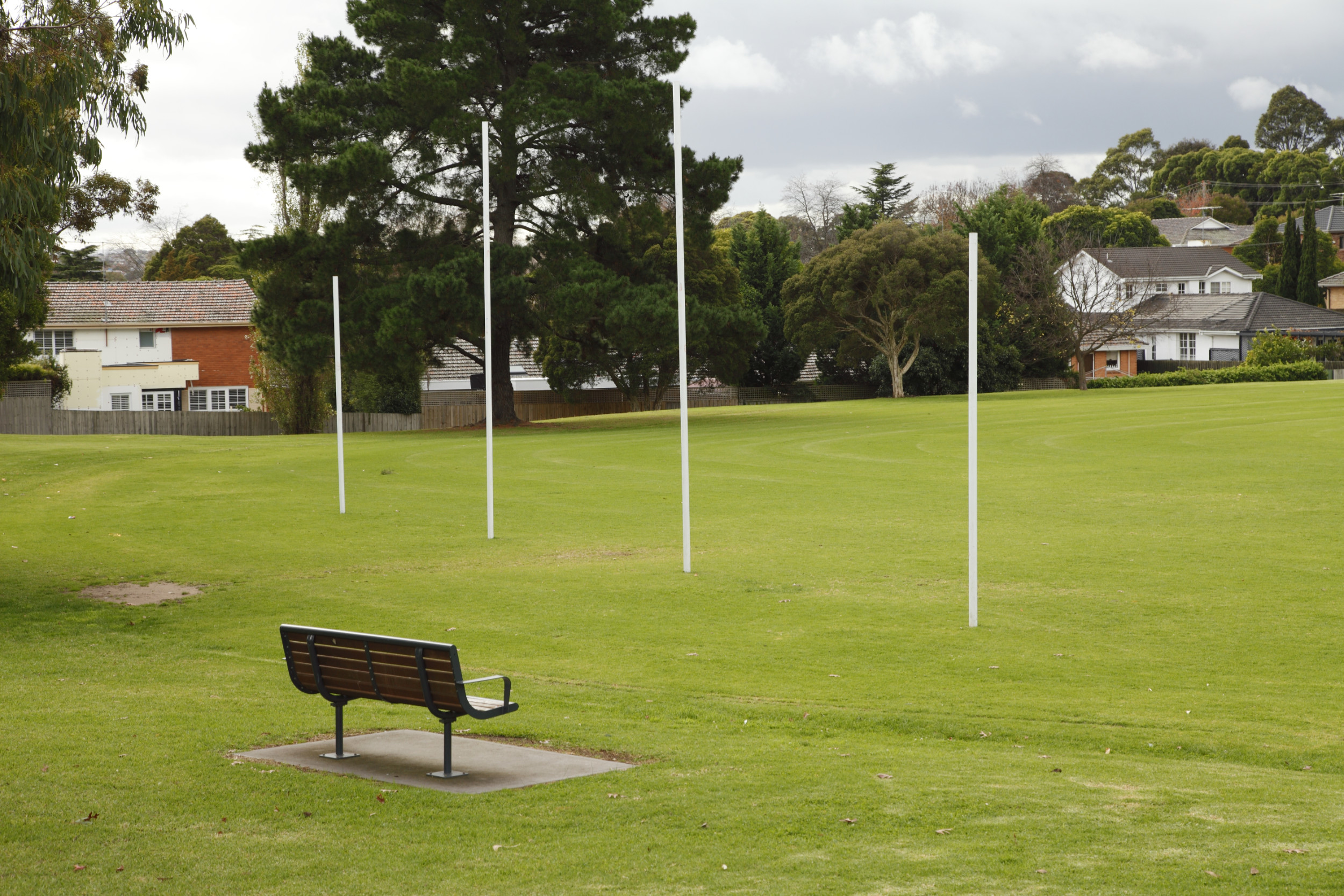
What Every AFL Fan Needs To Know
There were very mixed feelings in Melbourne around this year’s AFL Grand Final. The elation felt in the city, and in particular by Melbourne Demons fans, was tinged with sadness. As the Melbourne Demons broke their 57-year premiership drought, the longest premiership drought in Australian football, Melbourne couldn’t help but feel jubilation for the club and fans that have both been starved of success for so long. The sadness? Because the AFL Grand Final wasn’t played at its spiritual home, The Melbourne Cricket Club – the MCG – ‘The G’.
For the second year running The G has lost the AFL Grand Final because of the global pandemic. The iconic stadium boasts a total seating capacity of 100,024, making the MCG Australia’s largest sporting stadium. In pre-COVID Grand Finals every seat was taken. The roar of a 100,000 people as their team scores reverberating around the surrounding suburbs. I can vouch for this as the house I lived in Melbourne is on this photograph. The roar of the fans travels though you in the same way as the roar of a nearby pride of lions does, as you lie in the dark with just canvas saving you from being their midnight snack!

In losing the AFL Grand Final for two years running, the heart and spirit has been ripped out of Melbourne. Yet, too few people (including AFL fans) have made the link between COVID19 and investing to protect wildlife and the natural world.
It is hard to live in Australia, and Melbourne in particular, and not be a fan of Australian Rules Football. More so than many sports, Australian rules football is a family affair. From the babies taken to the games, swaddled in the team colours, to the grannies encouraging their clubs along with lively language.
We know through Greta Thunberg and the School Strike that children and young adults are anxious about biodiversity loss, climate change and pandemics. They are calling for leadership and solutions; this will only increase over time into another roar. The extinction crisis, like climate is everyone business; sport is no exception.
There couldn’t be a more important time for the AFL leadership and teams to demonstrate an environmental commitment through their philanthropic programs. In doing so, the AFL can help raise the awareness of biodiversity loss and status of wildlife to society more generally.
It is time for everyone to decide to be on the right side of history. We must all ask ourselves “What will my record be in helping the planet and nature for future generations?”.
Do you want to say to future generations, “we tried,” rather than, “sorry,” when it is too late to act?

While the AFL session is now over for the year, Melbourne’s suburban AFL grounds have stood empty as the city experienced the world’s longest lockdown.
For those loyal fans maybe it is time to head to those suburban AFL grounds to play one more match for wildlife, the World AFL Game For Wildlife.
Because too many of us are ignoring the link between the overexploitation of the natural world and us – our society, our culture and our economy – the AFL Grand Final lost its own habitat – Melbourne and The G. We are the AFL family, and in 2022 we want the family home.
No matter your AFL team, take one small step for wildlife: www.worldgamesforwildlife.org
We hope you will join us: Nature Needs More, Active for Animals and SAVE African Rhino Foundation
